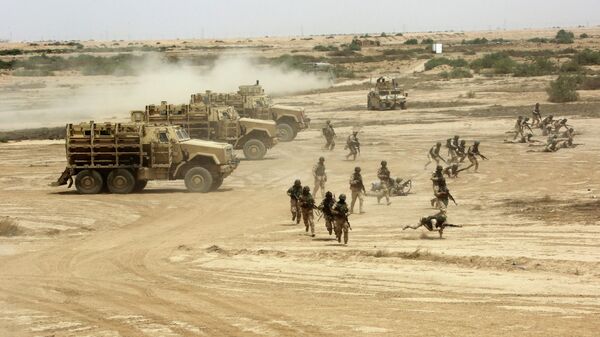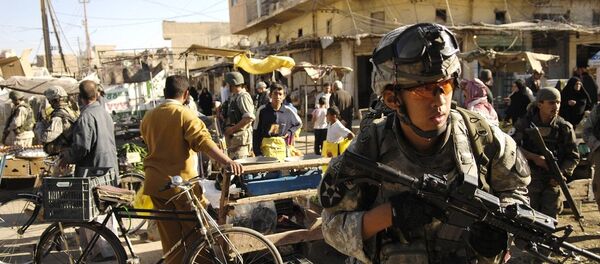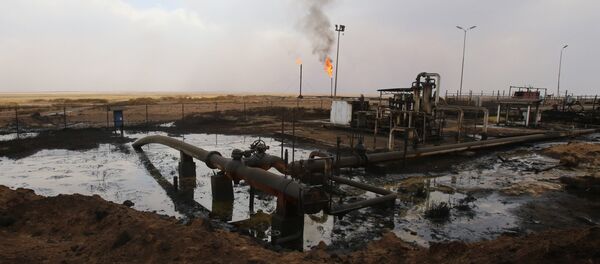On Wednesday, al-Abadi clarified that while Iraq welcomes US training and support, it doesn't need combat troops in the country. "We do not need foreign ground combat forces on Iraqi land," he emphasized.
Commenting on the prime minister's stance, Ammar Tu'ma, Iraqi lawmaker and the leader of the Al-Fadhila Party, told Sputnik that "the Iraqi positioning is a correct positioning. Iraq does not need [ground] forces no matter which country they are from. Iraq needs support, military training, enhancing the Iraqi Army's capabilities, armament, so that it can uproot extremism, fight terrorism and stop the flow of foreign mercenaries to Syria and Iraq."
The lawmaker, who also serves on the parliamentary Security and Defense Council, emphasized that US troops on the ground would not help in the war against Daesh.
"On the contrary," Tu'ma warned, the deployment of foreign ground forces "will make the situation even worse. First, it will lead to a split among Iraqis, and so the division of their positions in fighting Daesh. Second, it will empower the terrorist organizations – the number of young people in their ranks will increase. The young people will fight foreign forces, [as] invaders on their lands. Hence, I think that [such a decision] would bring more problems than solutions."
On Wednesday, speaking with his foreign counterparts at a meeting of NATO's foreign ministers in Brussels, US Secretary of State John Kerry said that he had briefed Baghdad on the US's plans to deploy US special forces to Iraq, adding that the two governments would be discussing the plans in the coming days and weeks.
At the moment, the US already has an estimated 3,500 troops in the country, serving in a "train and advise" role for Iraqi forces.




